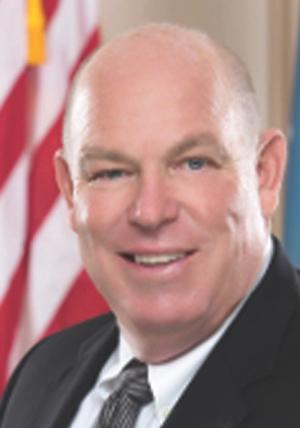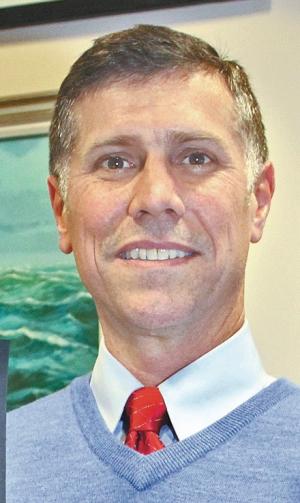I’ve spoken frequently with Rep. Steve Smyk and Rep. Pete Schwartzkopf in recent weeks. Both are retired from long careers with Delaware State Police; both – by virtue of their elected positions and careers – are tapped into the Delaware law enforcement scene.
Both are running unopposed for reelection on the November ballot. Both have served several terms, which means they’ve gained the confidence of many of their constituents in the 20th and 14th representative districts, respectively. Schwartzkopf, additionally, has earned the confidence of his fellow legislators in the state House of Representatives where he has been voted Speaker of the House for several sessions.
With so much focus on policing across the nation over the past several months, I rely on them as solid sources.
Smyk, expressing concern about the state of policing across the nation in the face of a summer of protests reacting to police brutality, said the Delaware State Police organization – a force of 700 – is seeing fewer candidates coming forward for trooper openings. He said previous years’ announcements of openings following retirements brought forth thousands of applications.
This year, he said, DSP is having trouble finding enough qualified candidates to fill a training class of 35. It concerns him that DSP may not be able to maintain its authorized force of 700.
An inquiry to DSP about Smyk’s concerns brought this response from Public Information Officer Heather Pepper:
“There is a nationwide and global decrease in applications for law enforcement positions. There are many factors contributing to this trend, including pay, high risk, public opinion, public health concerns, and high standards for employment. The Delaware State Police is not immune to this trend and has seen a decrease in the number of applications received during the recent hiring campaign.”
I also asked about Smyk’s concern that an estimated 45 retirements this year would create problems in filling the authorized quota of officers.
Pepper responded:
“The Delaware State Police has a mandatory retirement age of 55 years old and ... consistently has members retiring through this process of ‘aging out.’ Additionally, there are two training academy sessions per year, which cause vacancies to go unfilled until a class is completed. While this is challenging at times, recruiting efforts are ongoing to maintain full strength.”
Schwarzkopf expressed his own concerns and support for his former employer. “Everyone’s looking now at how police provide services. They’ve always been the trash can for many state agencies. If they don’t know what else to do, ‘Give it to the cops.’ That’s the attitude. Homeless issues, mental health issues, domestic disputes. Lots of things they aren't necessarily trained for.
“Who would want to be a cop in these times?” asked Schwartzkopf. “Look what’s happening to them. As far as the reforms being sought across the country, we already do much of what is being sought. In terms of equipment, training and overall quality of the police force, Delaware is very progressive. More so than in many places in the country where we’ve seen serious problems.”

























































